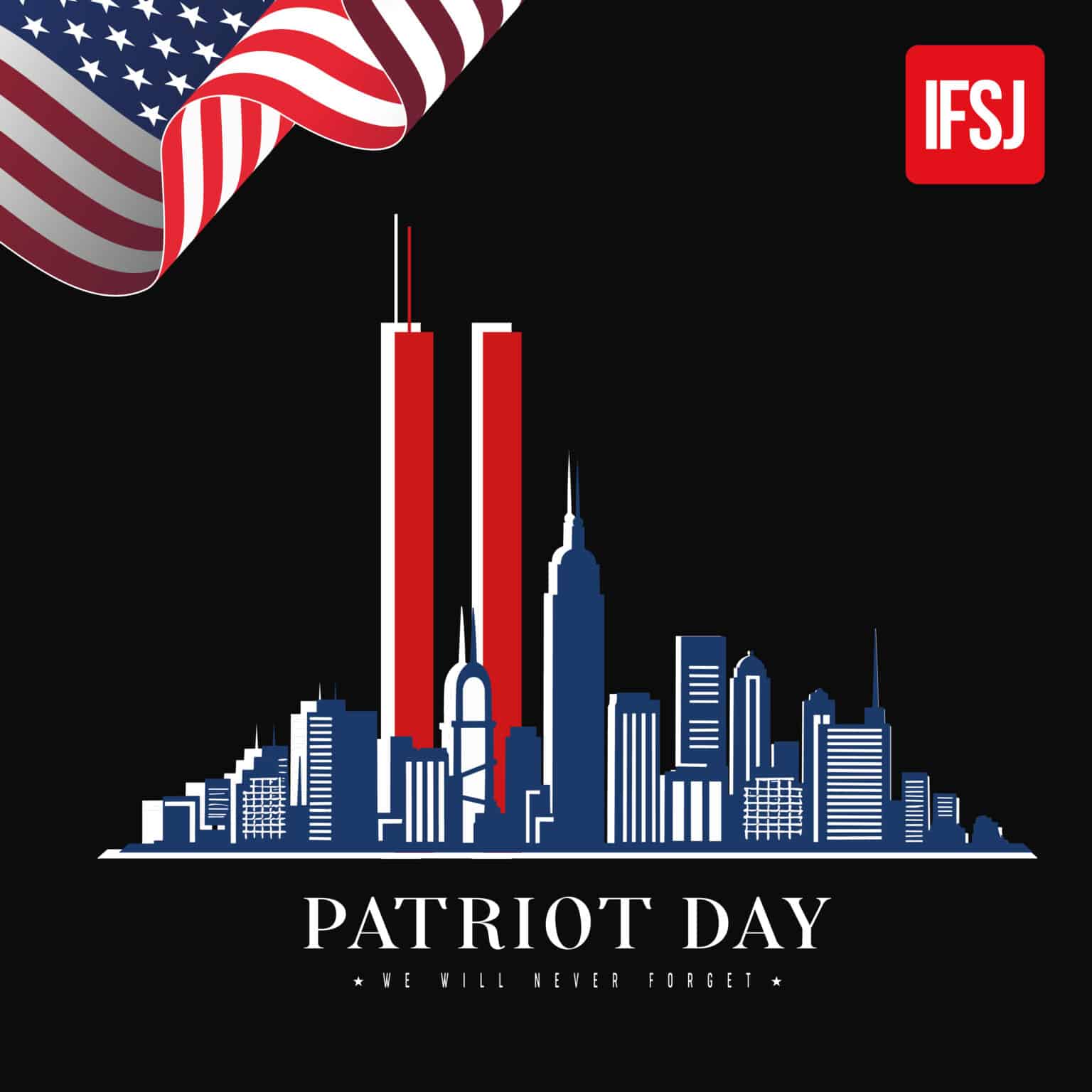Reflecting on 9/11
- September 11, 2023
- 8:00 am


Iain Hoey
Share this content
Lessons Learned for the International Fire and Safety Community
Today, we take a solemn pause to remember the tragic events of September 11th, 2001.
Over two decades have since passed, but the repercussions and lessons of that fateful day continue to reverberate throughout the fire and safety industry on a global scale.
The loss of nearly 3,000 lives, including those of 343 brave firefighters, is a sombre reminder of the sacrifices made by emergency response personnel and the inherent dangers they face.
As of now, an additional 341 FDNY members have succumbed to Ground Zero-related illnesses.
Last week, the FDNY added 43 new names to its World Trade Center Memorial Wall.
This wall commemorates Firefighters, Paramedics, and civilian support staff members who’ve passed away due to illnesses stemming from their valiant efforts during the rescue and recovery phases post the 9/11 attacks.
This addition represents the second largest group to be memorialized since the wall’s inception 12 years ago, which began with 55 names.
For the B2B community engaged in fire safety and response, the aftermath of 9/11 was a significant inflection point.
It underscored the urgent need to continuously adapt, innovate, and improve upon safety standards and protocols.
Several takeaways have shaped our industry in the post-9/11 era:
Inter-Agency Collaboration
The events of 9/11 emphasised the importance of seamless communication and coordination between various emergency response agencies.
Across the world, departments have worked harder to break down silos and establish joint training initiatives, ensuring a cohesive response in times of crisis.
Advanced Technology
The role of technology in fire and safety has grown exponentially since 9/11.
From sophisticated communication devices to drone-assisted reconnaissance, the tools available to our professionals have advanced, aiming to mitigate risks and improve response times.
Building Codes and Infrastructure
The collapse of the Twin Towers prompted a global re-evaluation of building codes, especially in high-rise structures.
As a result, many countries have revised their building standards, focusing on more resilient designs and materials that can better withstand extreme events.
Training and Preparedness
9/11 revealed vulnerabilities in crisis response.
Subsequently, training regimens have evolved, placing a greater emphasis on real-world simulations, scenario planning, and mental wellness support for emergency responders.
Global Network
Fire and safety professionals worldwide now recognise that threats are not localised.
By establishing international partnerships and sharing best practices, the global community can benefit from a collective wealth of knowledge.
As we look back at 9/11, let it be a reminder that our work in the fire and safety community is never truly done.
Continuous learning, adaptation, and collaboration remain crucial.
We owe it to those who lost their lives, and to the generations to come, to remain vigilant, prepared, and committed to safeguarding our communities from future perils.
To all our readers, partners, and those on the frontline – we honour your commitment and stand with you in ensuring a safer world.
International Fire and Safety Journal remembers and pays tribute to all the victims of 9/11, especially our fallen firefighting heroes. Let us never forget their sacrifice.

